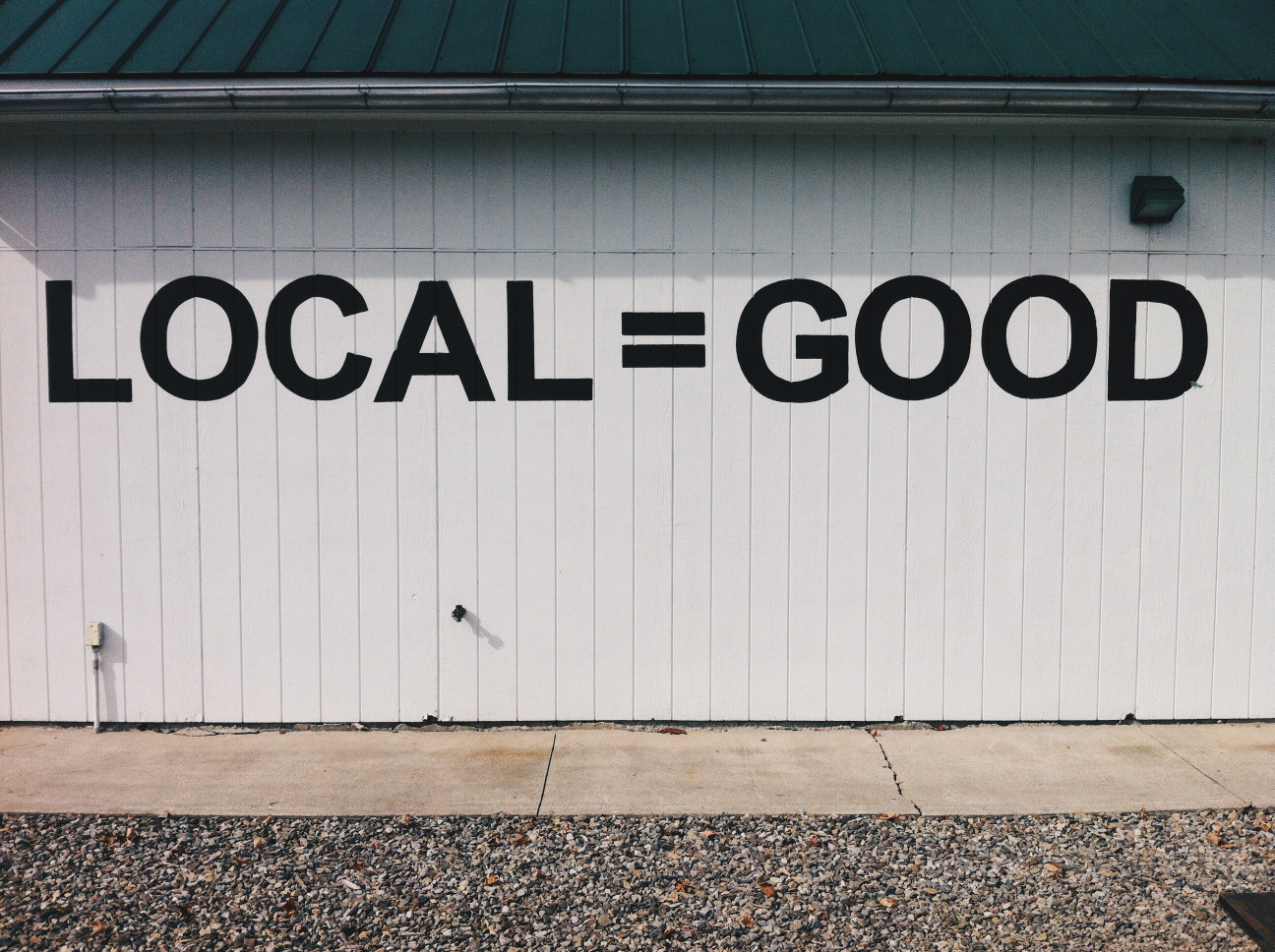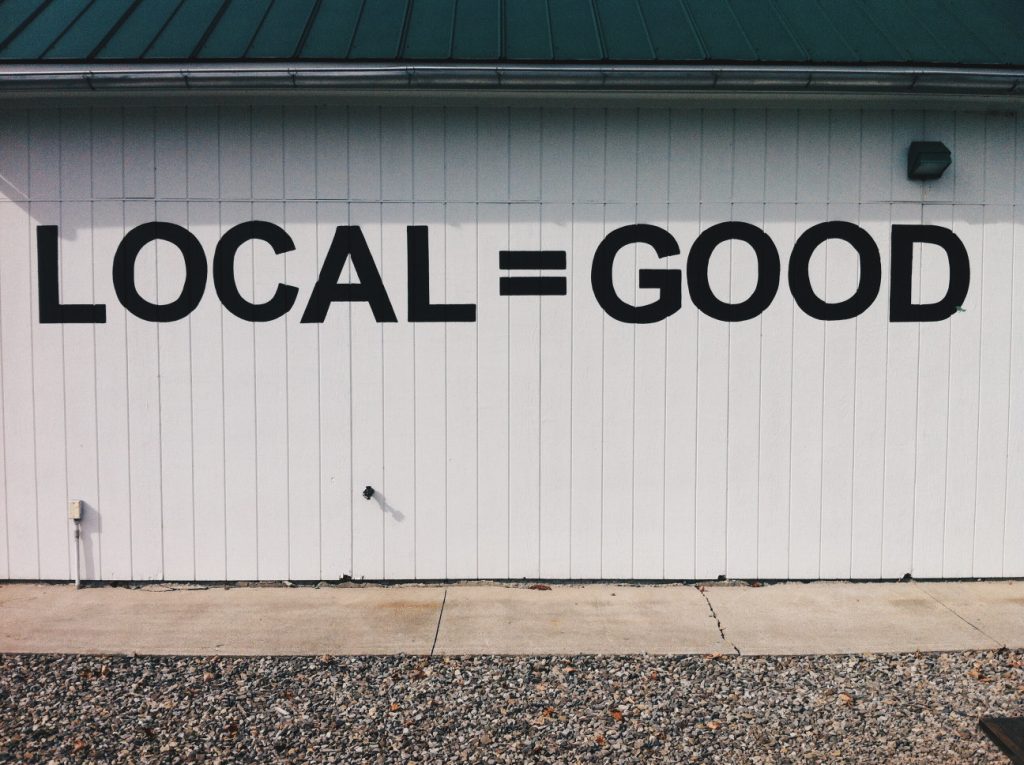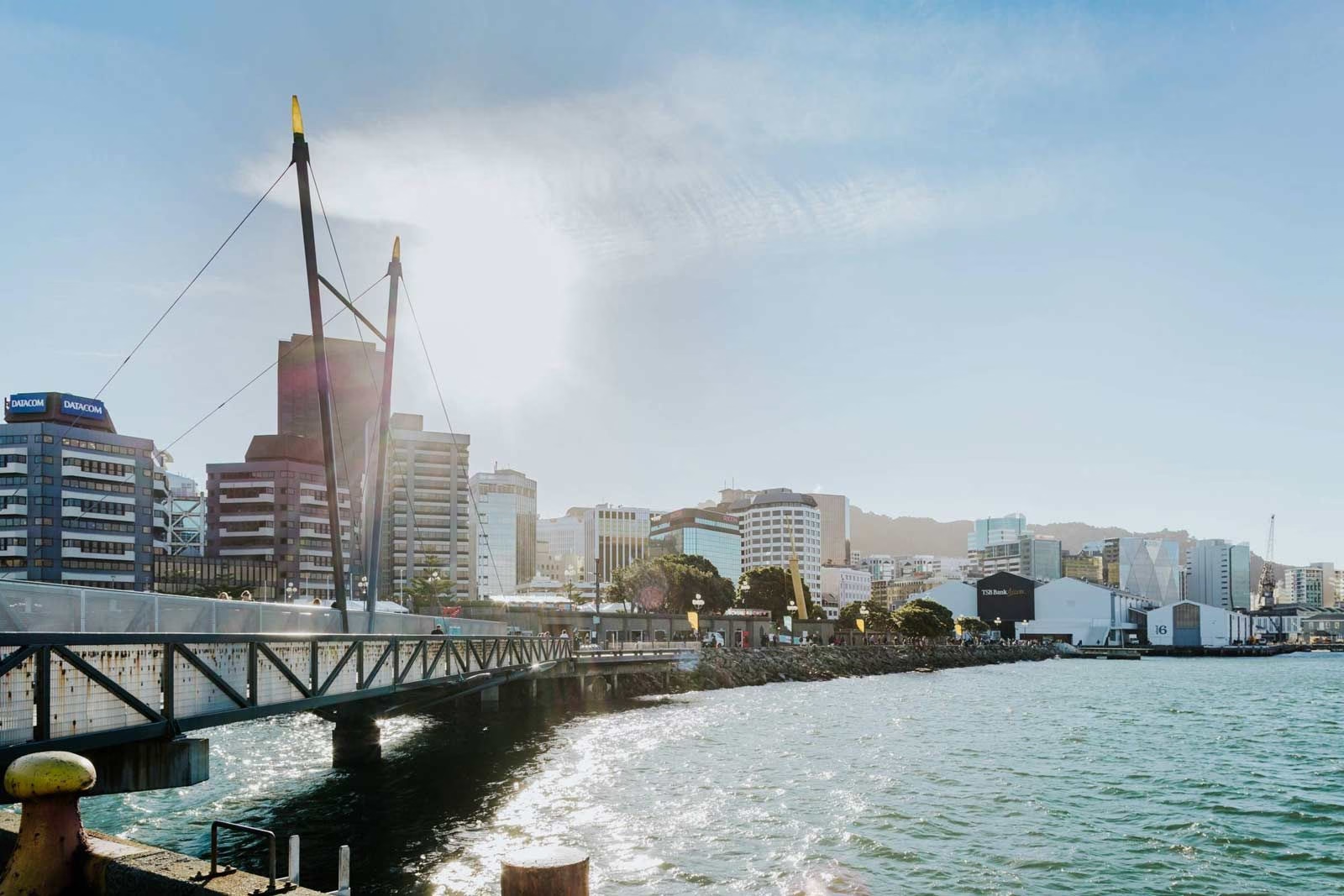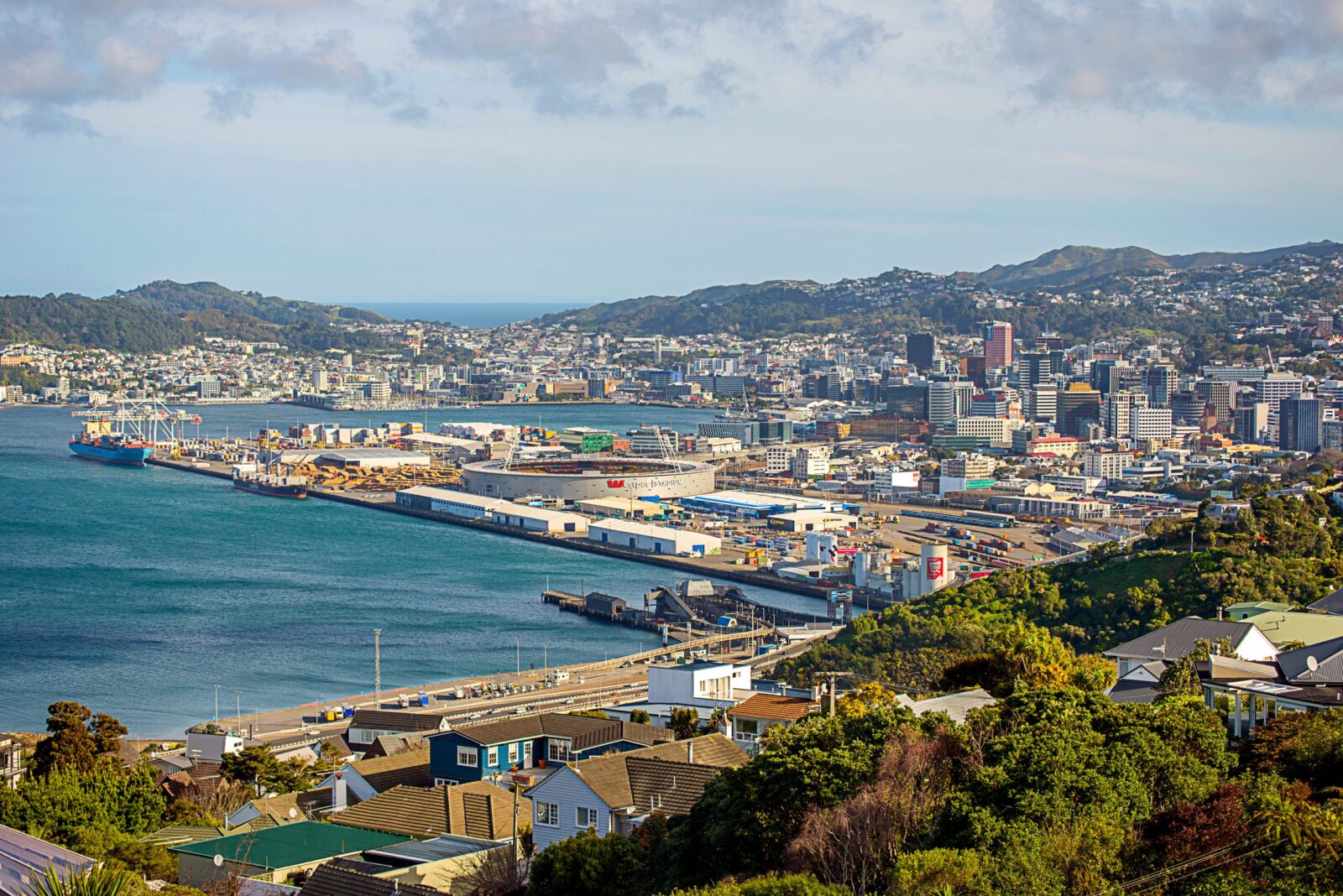Landlords, Legislation
The Good, Bad and Ugly


Well, thank god that is nearly over and done with. Every year as I write my annual ‘Good, Bad and Ugly’ article I always think to myself, ‘well surely the next year will not be as eventful’, but somehow, we always seem to have bigger and bolder issues in the forthcoming year. I do not wish to tempt fate, but 2020 will take some beating. What hasn’t happened in terms of renting and the property management industry? From pandemics and lockdowns to regulation, legislation, housing affordability, compliance, elections and a dungeon or two thrown in for good measure!
Somehow we have all made it through 2020 and in many aspects, the property management industry has never looked stronger. In a strange way, it has benefited greatly from the misgivings that 2020 brought us. As other industries such as tourism, hospitality, entertainment and travel have been hammered, property management is one of the few industries that has actually benefited from the pandemic-as well as legislation changes. This is not to say we should propose a toast to bats and wet farms in China. On the contrary, the world has suffered greatly. The sombre statistic that more people in America are dying from Covid a day than deaths from Pearl Harbour and 9/11 combined, is sobering and reminds us how lucky we are. We have remained isolated through a combination of luck due to our geographical location and good management by the Government. In many aspects, New Zealand has been sheltered from what has happened. At the time of writing this article, my brother-in-law and his fiancée who live in Manchester are both recovering from Covid-19 and having the virus was anything but a pleasant experience. But enough about that, let’s get on with our review as we look at the good, the bad and the downright ugly.
The Good: The COVID response.

We will all remember those scary days in March as the pandemic was unravelling in front of our eyes around the world. Many could see what was coming our way whilst others buried their heads in the sand believing, or hoping that somehow, we would be protected due to our geographical location. Unfortunately, the classic Kiwi saying, ‘She’ll be right’ was not going to apply here.
Instead, as cases started to rise, the Government made the calculated and much-lorded decision to close the borders and implement the lockdown. Rent freezes and a ban on lease terminations were immediately implemented as the Government scrambled to write and pass emergency legislation as Schedule 5 of the Residential Tenancies Act was introduced which set out emergency provisions for dealing with the response to COVID 19. In retrospect, the Government did a remarkable job in writing and implementing this piece of legislation in such a short time frame. Arrears did not blow out as many, including myself predicted as enough financial support was put in place for businesses as well as employees.
Then you have to look at how our industry representatives handled the crisis.
In situations like this, I am of the belief that you can be subjected to too much information and it is best to leave it to our industry representatives, as well as the state, to tell us what we need to do. In that case, it was best left to the likes of Tenancy Services and REINZ.
When we look back at how REINZ helped and supported the industry, it is hard to find criticism and I hope that they have been thanked for their efforts and support. Information was put out as and when required in a clear and transparent manner. They answered the hard questions that members put forward as well as held online information meetings with key stakeholders within the industry.
In the end, the industry adapted to the situation; we all got familiar with video conferencing and ultimately, the lockdown made us innovate. What I learned from it was that you can actually have paperless property management and inspecting properties every three months is unnecessary and on many occasions, intrusive. Many of us also learned to engage with our consumers on a much more personal level. On my travels, I have heard so many good news stories around the lockdown and how the property manager helped and supported owners and tenants alike. Many tenants and even landlords live on their own, and a simple conversation to check on their wellbeing went a long way.
Eventually, as case numbers began to drop and nearly normal service resumed, we all headed back to the office. Well, nearly all! some of us, myself included, got comfortable working from home and we set up our business so we could do so.
For me, the lasting lesson of the response was when forced to, everyone can adapt and property management can be done more efficiently and effectively. As good as the response was, let’s hope we never have to go through that again.
The Bad: The housing crisis

Back in 2016 when Labour was the opposition, they made the call for a national state of emergency due to the housing crisis. As we approach the end of 2020, housing affordability has never been so bad. If ever there was a time to have a state of emergency due to the housing crisis, it is now.
Back in April, I wrote an article predicting what would happen to rents. I was of the belief that rents, as well as house prices, would drop by around 5 to 10% due to an influx of Airbnb property and also high unemployment leading to a drop in income.
Looking back, I clearly got this wrong. Why? There is a multitude of reasons but one of the key drivers of this was the removal of LVRs, record low-interest rates as well as a continual lack of housing supply. Not everyone faired well though. The central Auckland apartment market has been smashed and predictably, Queenstown and the Lakes has seen a significant drop in rents due to the lack of overseas tourists.
The REINZ Monthly Property Report for November showed unprecedented growth in the median house price with an 18.5% nationwide growth on November 2019 with the highest volumes of sales since March 2007, just before the GFC.
The lolly scramble has seen investors fight with first home buyers and demand vastly outstripping supply. As house prices rise, rental yields drop forcing investors to try and maximise rents.
Ultimately, we are starting to seeing a two-tiered society between the haves and have nots. If you own property, wonderful!! You are seeing your wealth increase exponentially. Where else would you get a capital gain of over $100,000 in the last 12 months?
However, for so many younger people starting out in life, how are they going to be able to afford a home if they do not have the bank of Mum and Dad to assist them?
An example of getting it right versus getting it wrong is to compare Christchurch against Wellington. In my opinion, for quality of life and value for money, Christchurch is the best city in New Zealand. With the median rent in Canterbury for October at $430 compared to Wellington at $560 and Auckland at $570[1], Christchurch has it right, because there has always been enough supply to meet the demand post-earthquake rebuild. This is a saving of approximately $7,000 per annum in rents. Then compare your median house price. For November, Canterbury was $526,000 compared to Wellington at $790,000 and Auckland at $1,030,000[2].
However, the chance of replicating a mass build like we witnessed in Christchurch is unlikely
The Ugly: Social Housing Waitlist

This leads us on to what has been ugly. Back in September 2015 there were 3,399 applicants on the Social Housing Register. By September 2020, this had skyrocketed to 21,145. In the last twelve months the increase was 53.3% compared to September 2019.
In the last year, I have worked with a number of social housing agencies and they do a stirling job under difficult conditions working with New Zealand’s most vulnerable. Housing is a basic human right and unfortunately due to poor Government policy over a multitude of years, too many families are turning to the state for assistance.
For Maori, the statistics are even worse. Of the 21,415 applicants on the Social Housing waitlist, nearly half of them are Maori.
Do not expect this statistic to drop anytime soon as increasing rents and lack of adequate property will see this continue to be an issue for the foreseeable future.
Other notable mentions
Some other things we have noticed throughout the year are worthy of mention. We list them in no particular order below.
- Regulation of the property management industry. A victory that is a decade overdue. Over the next Government term, we will get a better understanding of what this will look like.
- The Tenancy Services Tenancy Agreement. It looks like the old adage of ‘Keep it simple’ does not apply here. A 22 page document including the ridiculously long 13 page Healthy Homes Statement has made signing up a tenant as complex as arranging a BREXIT deal!
- The Dungeon. The notorious party flat available for rent in Wellington highlighted that there are still plenty of bad properties out there!
- The Heating Calculator. New builds failing the Healthy Homes standards has lead to many people questioning the credibility of this. You try telling a landlord that the new property they have just bought does not meet the criertia due to insufficient heating.
- The passing of rental laws. Overall, I am very supportive of the new laws and they will go a long way to strengthen the rights of tenants. Next year will be a challenge adapting to the new rules but I am sure everyone will adjust accordingly.
I, for one am certainly looking forward to the festive season and I am sure many of you will be as well. Enjoy the holiday, enjoy your families, relax and we will see you again in 2021.
[1] Statistics sort from Trade Me October 2020 Rent Price Index.
[2] REINZ November Monthly Property Report
Regards
David Faulkner
General Manager
Tommy’s Property Management
Explore more posts like this one
View more
January 22, 2026
Wellington Rental Market Update | January 2026

November 14, 2025
Wellington Rental Market Update | November 2025

November 11, 2025
Pet Friendly Rental Rules Are on the Way!
